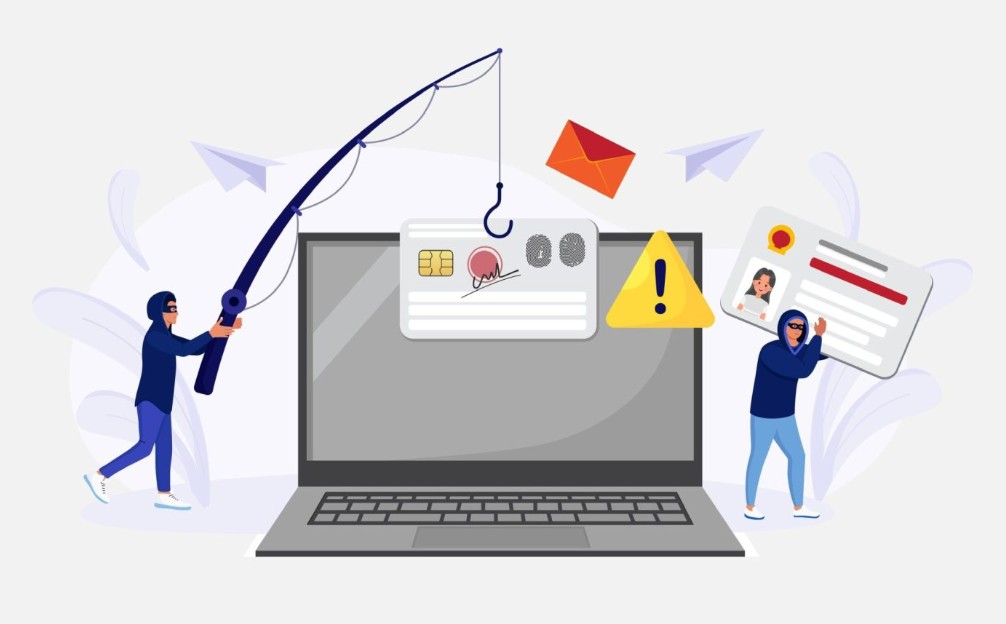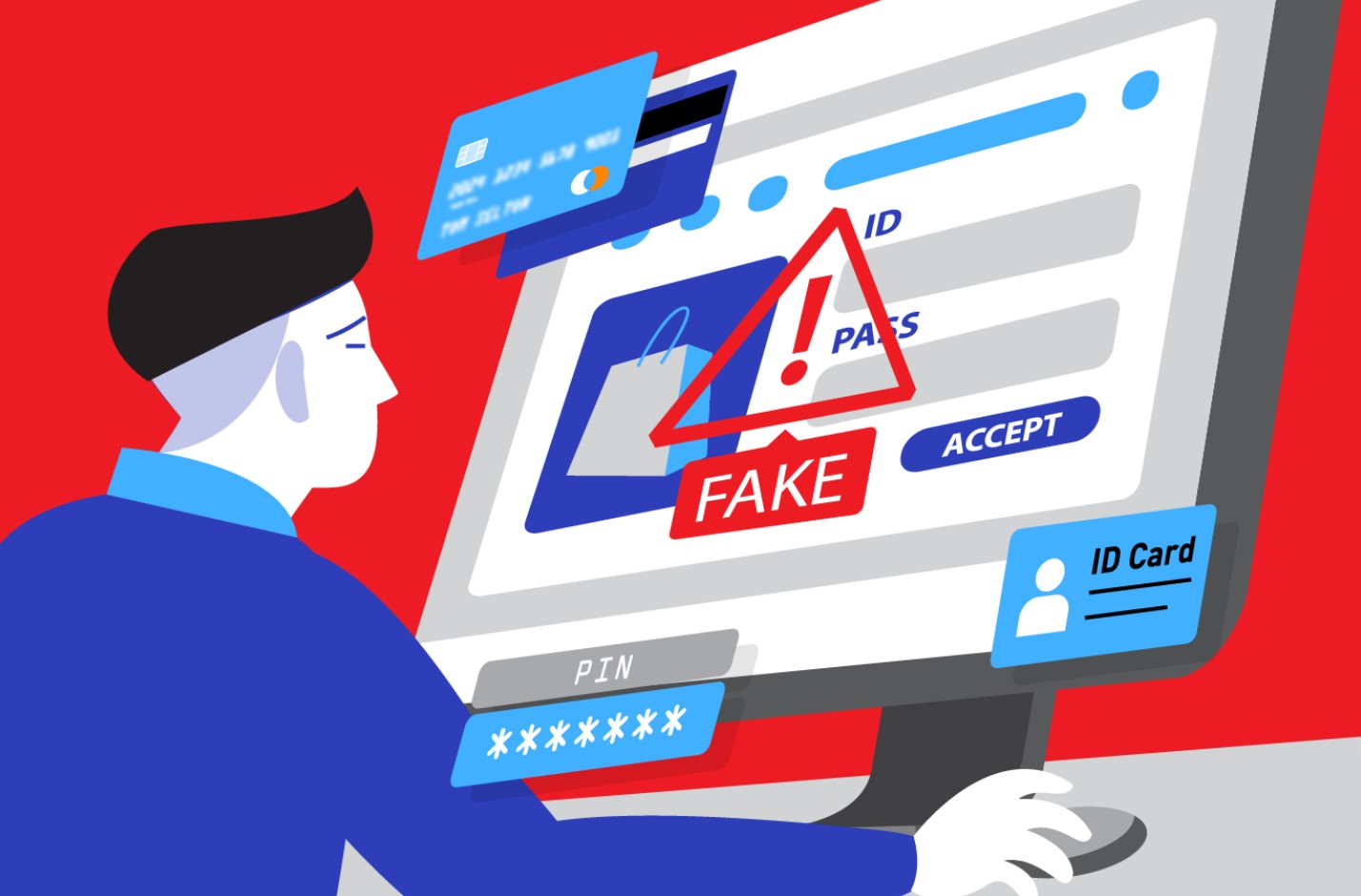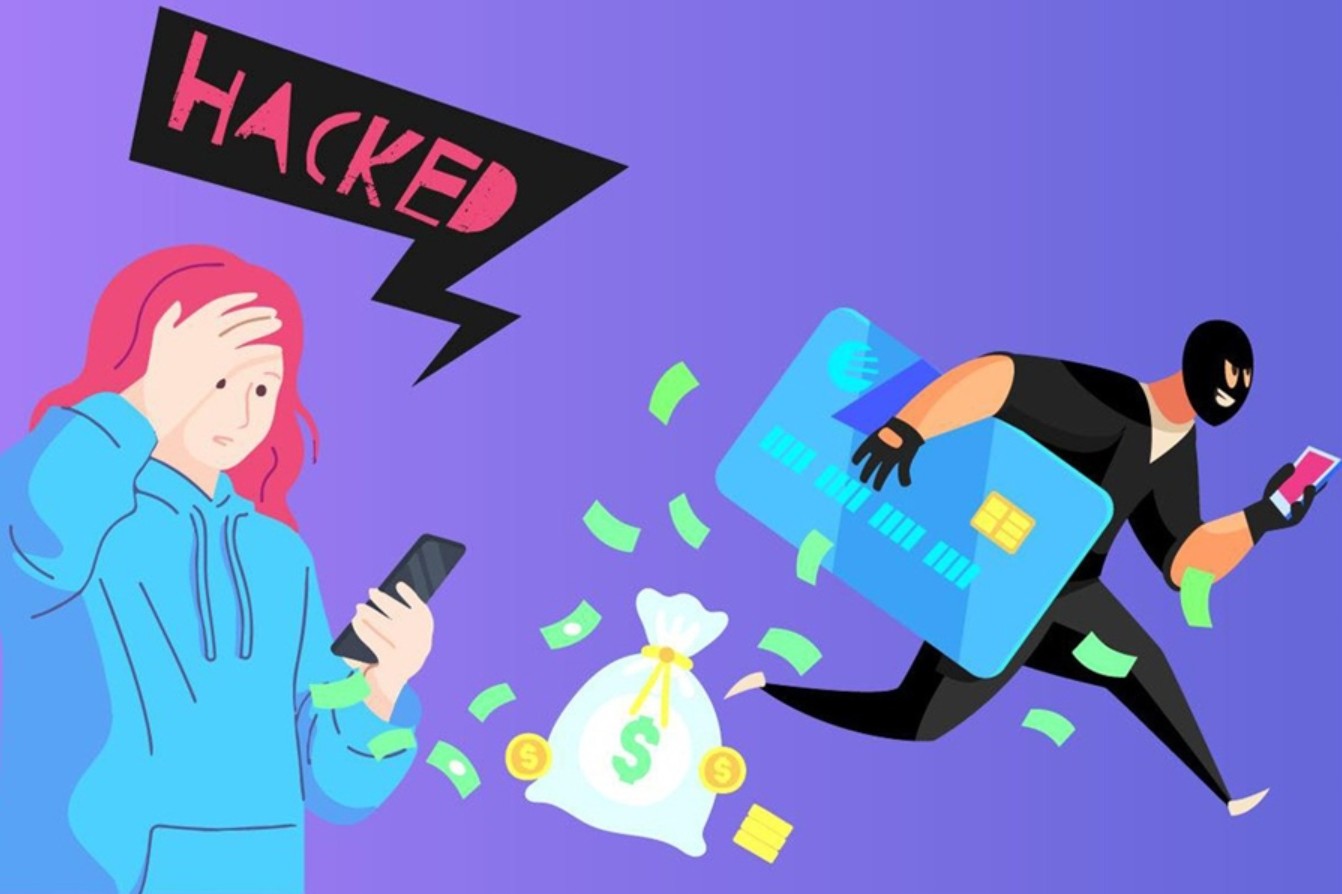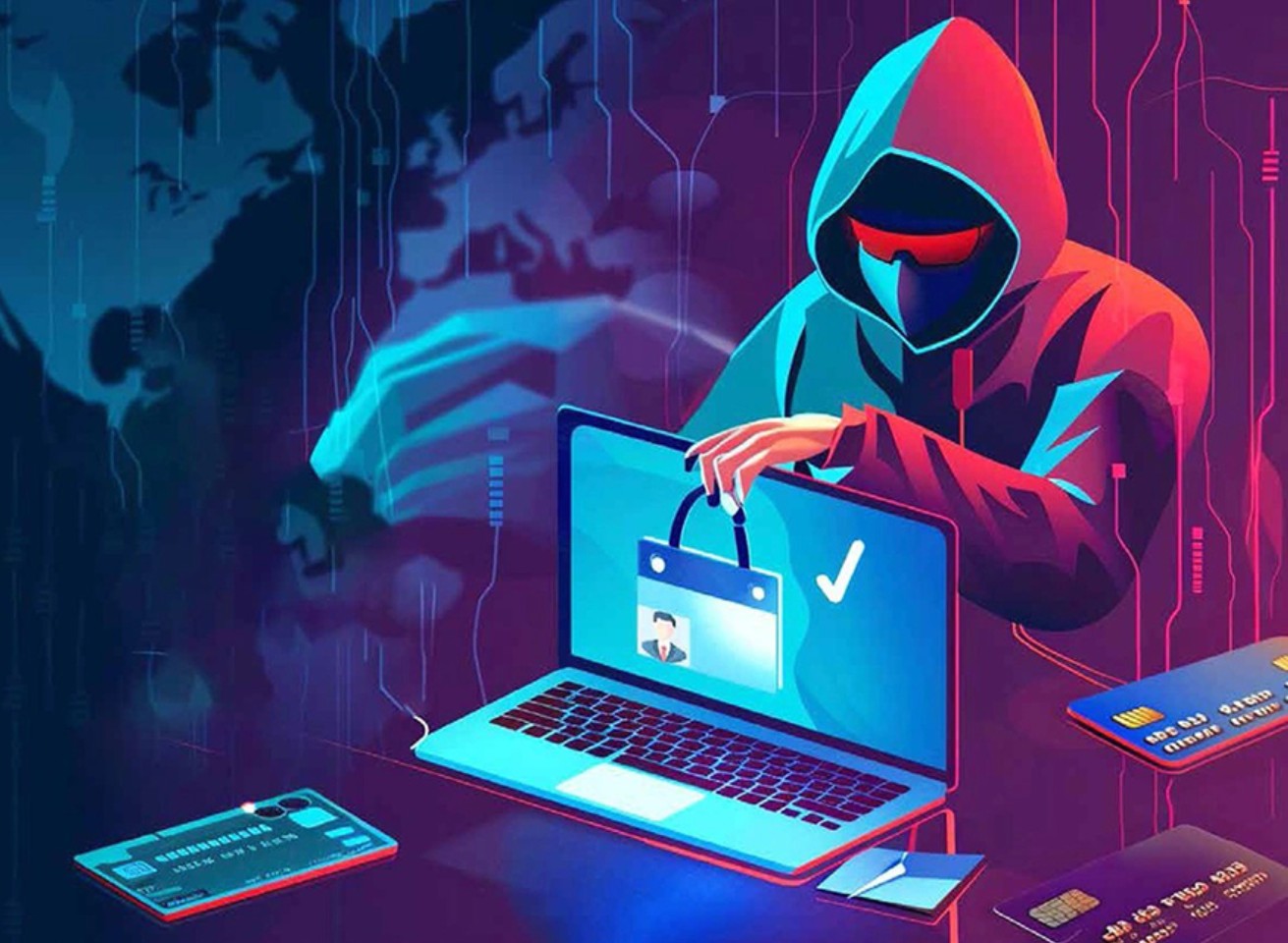Best Selling Products
Warning: Vietnamese and Malaysian users suffer the heaviest losses from online scams
Nội dung
A new report shows that Vietnam and Malaysia are leading Southeast Asia in the mental health crisis caused by online fraud, with financial and psychological losses becoming increasingly serious, raising the urgent need for user protection.

According to the State of Southeast Asia Fraud Report 2025 published by the Global Anti-Fraud Alliance (GASA) in collaboration with ScamAdviser and BioCatch, Vietnam and Malaysia emerged as the two countries most heavily affected. Not only stopping at financial losses, fraud also leaves serious mental consequences, causing many people to fall into a state of psychological crisis, losing faith in digital transactions and even social relationships.
This article will analyze in detail the overall picture of the online fraud situation in Southeast Asia, focusing in particular on Vietnam and Malaysia, the two countries that are at the top of the list in terms of the level of mental crisis caused by fraud. At the same time, we will discuss urgent solutions to help people protect themselves from the increasingly sophisticated tricks of fraudsters.
1. Huge financial and emotional damage
According to the Southeast Asia Fraud Report 2025, the total loss caused by online fraud in the region has reached 23.6 billion USD in just one year. On average, each victim lost about 660 USD . This number may not seem too big for people in developed countries, but in developing countries like Vietnam or Malaysia, this amount can be equal to a month, or even several months of income of an ordinary worker. Therefore, financial loss becomes a terrible burden, affecting not only the individual victim but also their family.
In Singapore, the average loss per capita exceeds $2,100 , reflecting the high concentration of online financial transactions in a developed digital economy. Malaysia ranks second in the region with an average loss per victim of more than $1,000 . Vietnam, meanwhile, does not have such a high figure, but the prevalence and frequency of scams makes the situation particularly serious.

One of the highlights of the report is the mental aspect. Not only do they lose money, many victims also fall into a state of psychological crisis . After being scammed, they carry shame, self-blame, and even fear to the point of not daring to tell their family or report to the authorities. In Vietnam, up to 18% of victims choose to remain silent , while in Malaysia this figure is 23% and in Thailand up to 25% .
This silence creates a dangerous vicious cycle. When victims do not speak up, data on incidents is not fully updated, making it difficult for authorities to identify new trends in cybercrime and issue timely warnings. This means that scammers have more time to improve their tricks and continue to deceive many others.
The psychological consequences are also reflected in the loss of trust in the online environment . Many people, after being scammed, have decided to limit the use of e-wallets, digital banking services, or e-commerce applications. This is a worrying paradox in the context of Southeast Asian countries, including Vietnam and Malaysia, strongly promoting digital transformation as a driving force for economic development. If people no longer trust digital transactions, efforts to build a cashless society and digital economy will be significantly slowed down.
Some psychological studies have even shown that the impact of being scammed can be comparable to major emotional shocks in life such as job loss, divorce or serious illness. The feeling of being betrayed, having years of hard work stolen, plus self-blame has caused many people to fall into depression, insomnia or prolonged anxiety. A small number have even resorted to extreme actions, which clearly reflects the devastation of online scams that goes beyond economic losses.

At the community level, when millions of people experience the same sense of insecurity, social trust is eroded. People become suspicious of each other, of financial institutions, and even of regulators. This is the greatest danger, because it threatens the foundation of a digital society based on transparency and trust.
2. People need to protect themselves from online scams
Faced with increasingly complex realities, self-protection when participating in the digital environment has become a mandatory skill, no less than other basic life skills. Online fraud today is no longer as primitive as before, but has become sophisticated with the support of artificial intelligence and simulation technology.
Mr. Ngo Tran Vu, Director of NTS Security Company, commented that the most popular channels that people use every day are where scammers exploit thoroughly. Smartphones, which are considered the control center of digital life, have become the top target. Tricks can come from an SMS message, a fake call, or a link sent via messaging apps such as Zalo, Facebook Messenger or Telegram. For office workers, scam traps often lie in work emails or websites that look real.
The scary thing is that even the most confident people can fall victim. Survey data shows that 78% of adults believe they can spot a scam , but nearly two-thirds of them have been targeted or have fallen for it. Overconfidence can lead to people being complacent and not being alert to small signs, which is when scammers take advantage.

The biggest weakness lies in smartphones. Users often store everything on the same device: from banking apps, e-wallets, email logins to entertainment, shopping and social networking apps. When installing additional apps from unknown sources or accessing insecure websites, the risk of data loss and account hijacking increases dramatically.
In recent years, the development of artificial intelligence has made the situation even more complicated. Fraudsters can simulate the voice of a loved one, create fake videos with faces and gestures that look real. Just by hearing a call saying "I need money urgently" or watching a fake clip saying "boss requests a transfer", many people have fallen into the trap without even suspecting it.
Some technological solutions such as security applications, anti-virus software, spam blocking features or malicious link warnings have been deployed. For example, in the first half of 2025 alone, Kaspersky's security application on Android prevented 2 million clicks on phishing links . However, these layers of defense are only effective when users proactively install and maintain updates.
The root still lies in awareness. Users need to practice the habit of verifying information before acting : do not click on strange links, do not download applications outside the official store, do not provide personal information or OTP codes to anyone and be especially vigilant with urgent financial requests. In addition, updating knowledge about network security and following warnings from authorities are also ways for people to improve their self-defense capabilities.
Notably, a report by Netcraft discovered that the Lighthouse & Lucid gang operated a global phishing campaign with 17,500 fake domains , targeting 316 major brands in 74 countries . The main goal was to lure users to download fake e-wallets such as Trust, MetaMask, Coinbase, OKX or PancakeSwap. Once the victim entered the private key, all assets in the crypto wallet could be stolen in just a few seconds.

From this, it can be seen that while the authorities and technology companies are trying to prevent it, the people themselves are still the first and most important line of defense. A vigilant individual not only protects himself, but also helps prevent the spread of phishing campaigns, because scammers can only succeed when there are enough vulnerable victims.
3. Conclusion
Online fraud has been, is and will continue to be one of the most serious threats in the digital age. Vietnam and Malaysia, with alarming figures both financially and mentally, are becoming the clearest proof of the danger of this problem. The loss of 23.6 billion USD across the region is just the tip of the iceberg, because behind that is the mental pain, loss of trust and personal crisis that victims have to bear.
In the context of increasingly sophisticated tricks with the support of AI technology, just a minute of carelessness can cause users to lose all their accumulated assets. Therefore, alertness, knowledge of network security and powerful security tools are indispensable "weapons" for each individual to protect themselves.
More than ever, there needs to be cooperation from all three sides: state management agencies to issue strong legal frameworks and sanctions; technology enterprises to improve the quality of security solutions; and each citizen to proactively equip themselves with cyber defense skills. Only then can society effectively deal with the "storm" of online fraud, protecting both the assets and mental health of the community.












































